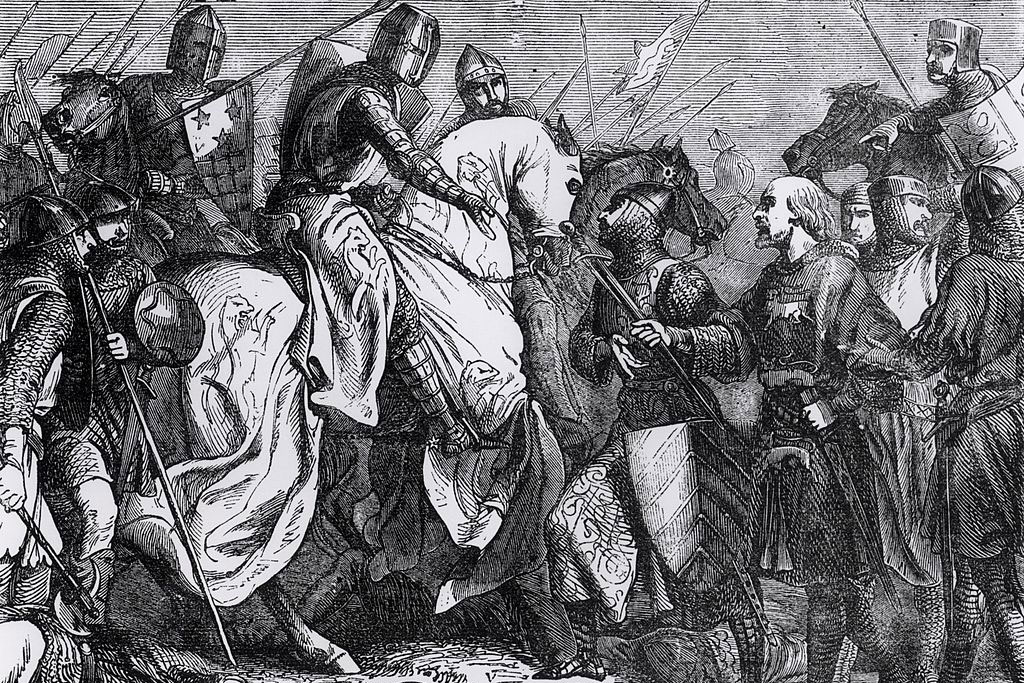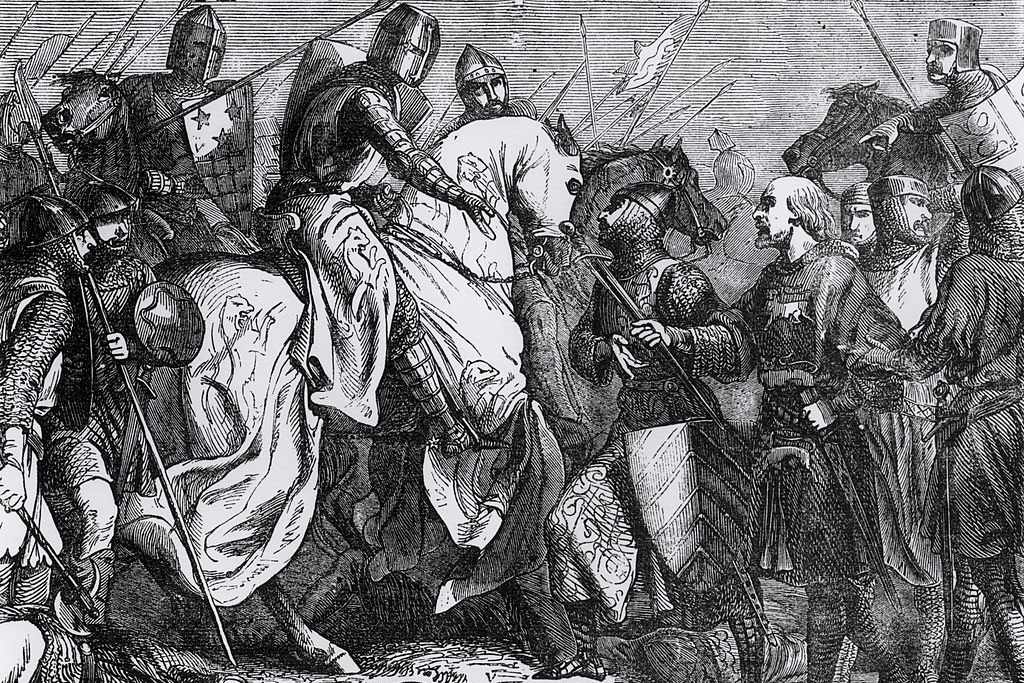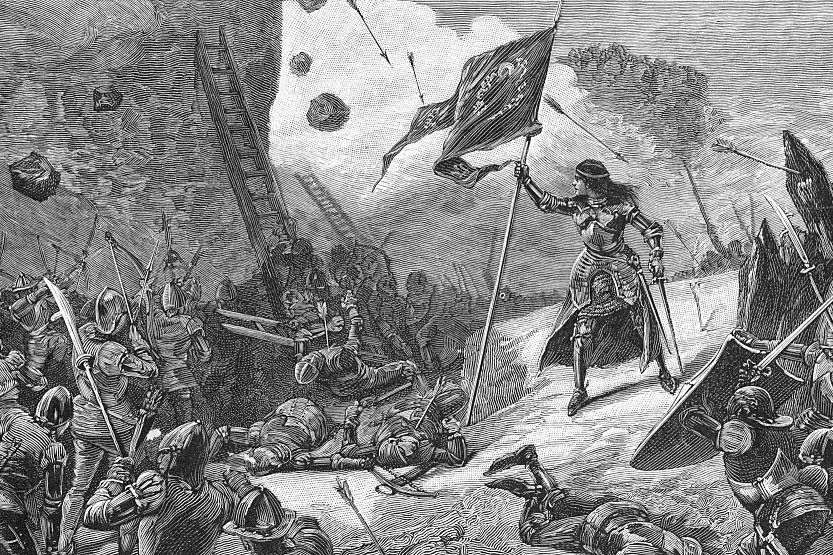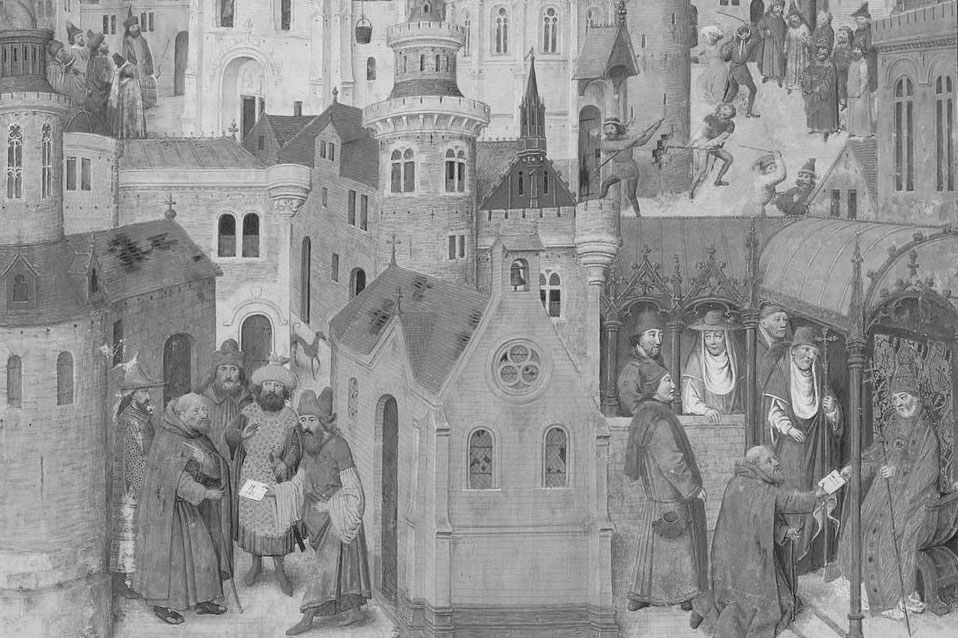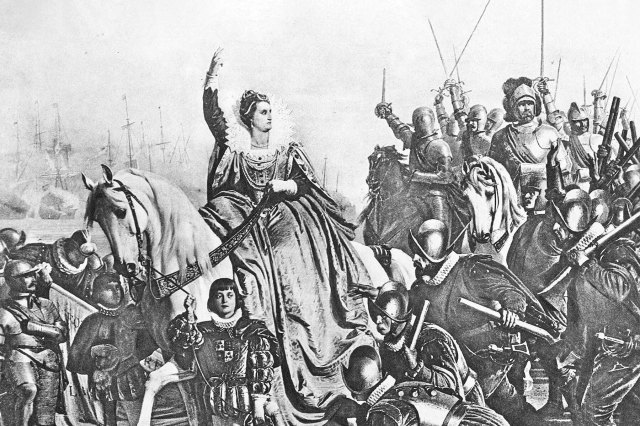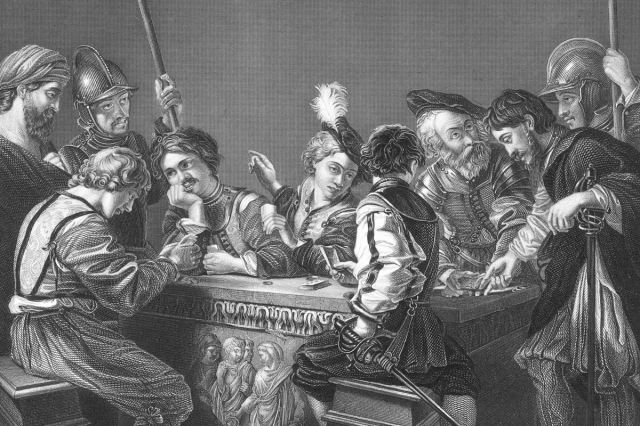Debunked: 5 Myths About Medieval Europe
Arguably no period in European history is as misunderstood as the Middle Ages, which stretched from the fall of the Western Roman Empire in the fifth century CE to the rise of the Renaissance roughly 1,000 years later. The myths surrounding this fascinating period of kingdoms and peasants are so prevalent that they led medieval historian Winston Black to write, “The first thing to understand about the Middle Ages… is that they do not actually exist.” The popular perception of life in feudal Europe (exacerbated by Hollywood depictions) is that it was prudish, brutish, and excessively foul, but society was far more advanced than these stereotypes would have us believe. Here, we shine a light on five of the most persistent myths surrounding Europe’s so-called “Dark Ages.”

Myth: Medieval People Thought the World Was Flat
One of the most common myths about medieval society is that people widely believed the Earth was flat, but there’s no evidence that supports this. On the contrary, by the fifth or sixth century BCE, ancient Greeks (specifically Pythagoras) had already begun investigating the planet’s true spherical nature, and by 240 BCE, Greek mathematician Eratosthenes even measured the globe’s circumference (and was pretty dead-on). In fact, the popularity of the flat Earth myth is a considerably more modern development: The myth was perpetuated in 1828 when Washington Irving, who’s known for his inventive short stories, penned The Life and Voyages of Christopher Columbus, which told a tale of the Italian explorer’s mission to prove that the Earth has curves.





